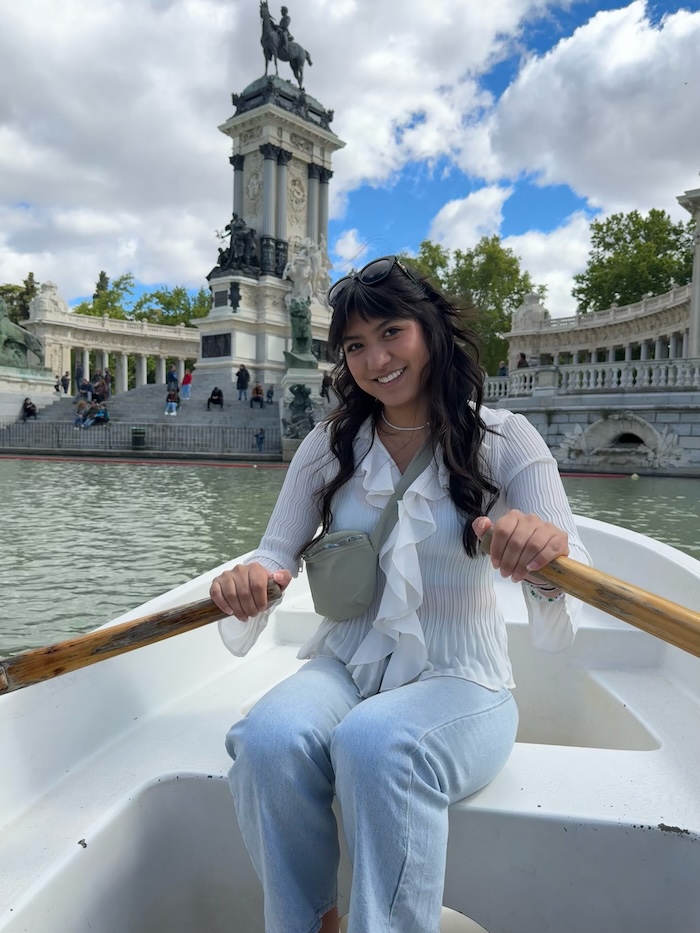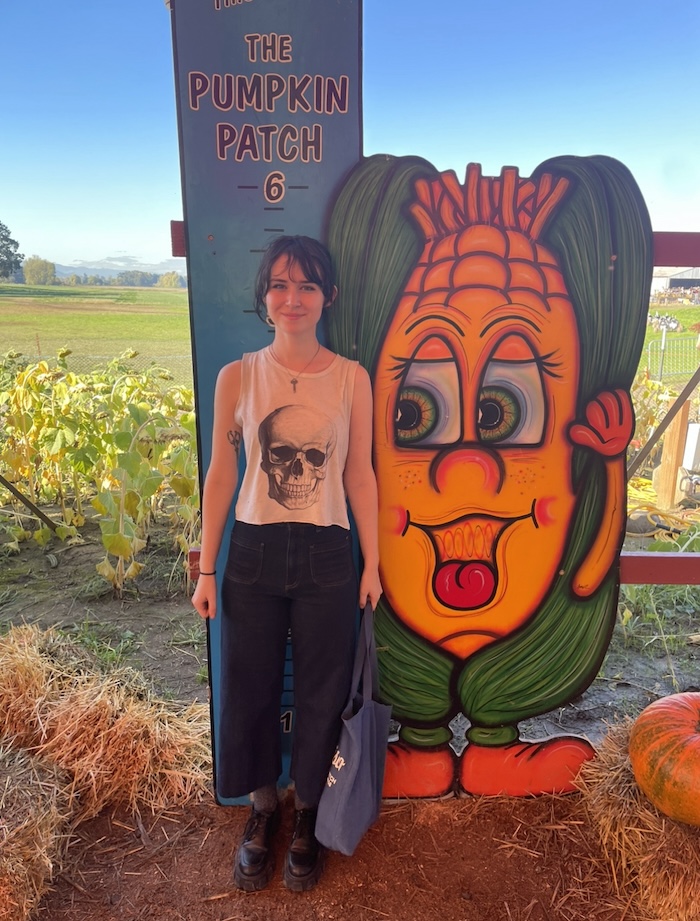
Our project will be directed towards understanding and evaluating political polarization. We will begin by familiarizing ourselves with different perspectives on the topic by reading texts that define and identify potential sources of deep partisan divisions. These descriptive analyses will also imply certain normative conclusions, namely, whether such divisions are permissible, and even salutary, from an epistemic perspective, or from the standpoint of sustaining and developing a strong democracy. Next, we will conduct a small-scale study that enables us to gather some first-hand empirical evidence of descriptive and normative claims. These investigations will culminate in a final project that articulates and defends our answer to our central question: is polarization is ever justified? Depending on what we find, we will either co-write an article or develop a toolkit that enables individuals to determine whether or not their own polarized beliefs are ultimately justified.

Sruthi is an Assistant Professor of Philosophy at the University of Portland and has taught a variety of courses including philosophy of mind and social epistemology. She completed her undergraduate degree, BA, at the University of Portland and earned her PhD from the University of Nebraska-Lincoln. Her research focuses on the application of epistemological theories to different aspects of our personal and social lives. For example, can theories about self-knowledge help us better understand types of mental illness? What do theories of knowledge and rationality tell us about the value of unjustified positive illusions about ourselves? What should we do when we encounter disagreement, particularly when those with whom we disagree are epistemic peers? Recent publications include "A Modified Self-Knowledge Model of Thought Insertion" in the Review of Philosophy and Psychology and "Defeaters to Best Interest Reasoning in Genetic Enhancement" in Philosophical Studies.

Year: Senior
Major/minor: Political Science and Global Affairs, Philosophy, and Spanish
Hometown: Phoenix, AZ
Why PRF: Throughout my time at UP, I have gained valuable research experience which I have thoroughly enjoyed. However, I am eager to further strengthen my research skills and make a meaningful impact on the projects I contribute to. I am excited to collaborate with fellow students and faculty, learning from their research experiences. What particularly interests me about the question of whether polarizing beliefs can be justified is the balance between the importance of civic discourse and the role of education, ethics, and morality. My goals for this year's project are to learn as much as possible, embrace the journey, and enjoy these final milestones of my undergraduate career while researching a topic that I believe affects everyone in our communities.

Year: Junior
Major/minor: Psychology and Philosophy
Hometown: Athens, GA
Why PRF: I'm interested in working with PRF because I think community engagement is a responsibility of universities and I'm excited to facilitate this through the engaged humanities. I think questions of democracy, polarized beliefs, and community connections have become especially important in recent years and I'm looking forward to connect with my peers and university faculty while advancing these conversations.